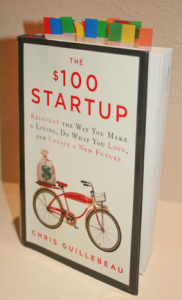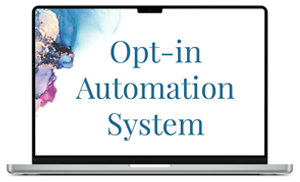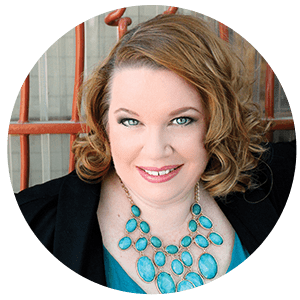 Find A Way To Make A Life, Not Just A Living
Find A Way To Make A Life, Not Just A Living
My husband thinks it's hilarious that I've become business book obsessed. I love to read–fiction. But since January and striking out on my own as a freelance web designer, I've been dutifully reading books on marketing, small business, and analytics. Some books have helped me hone in what inspires me and what I want to do for my clients. The latest book that I would recommend to any small business or micro business owner is Chris Guillebeau's $100 Startup: Reinvent the Way You Make a Living, Do What You Love and Create A New Future.
The book is a compilation of data collected from 1,500 small business owners who built businesses earning $50,000 or more with an extremely low start up cost. Of those 1,500 businesses, Chris has focused his book on 50, highlighting their stories, and identifying common threads that made them successful. Each business forged its own creative business model that not only made them money, but fit the lifestyle they wanted to live.
My husband and I continually come back to this conversation of finding a way to make a life, balancing work, home, and free time in such a way that it benefits our children and our future. It is a hard road, not so much that this ideal lifestyle is necessarily difficult, but it comes with a cost. That cost is choice. Any time you make a choice, you also rejecting something at the same time. The difficulty can be making that choice–a lot of us get stuck in limbo or paralysis.
“The choices that we make now affect the opportunities available to us in the future.” – Chris Guillebeau
Although the primary message in this book is, “don't wait–start right now” there is a lot of takeaway gems from this book (as you can see by my personal flagging of my copy). Chris goes into detail on how to structure your business model, how to get really narrow in your niche, and how to “hustle”–the art of promotion without coming across like a used car salesman. The best part is Chris sites real world examples of small businesses from a huge spectrum of industries. You get to see successes and hear stories of past failures, and why they failed. There is usually a disconnect behind what the business owner thinks the market needs, and what the market actually will pay for.
If you are a solo entrepreneur or small business, I do recommend reading this book. It can act as a catalyst to stir up ideas on how to apply what has worked for others to your unique business model. If you've already read the book, I'd love to hear your story and what you thought in the comments below. Or give me your latest business book recommendation!

